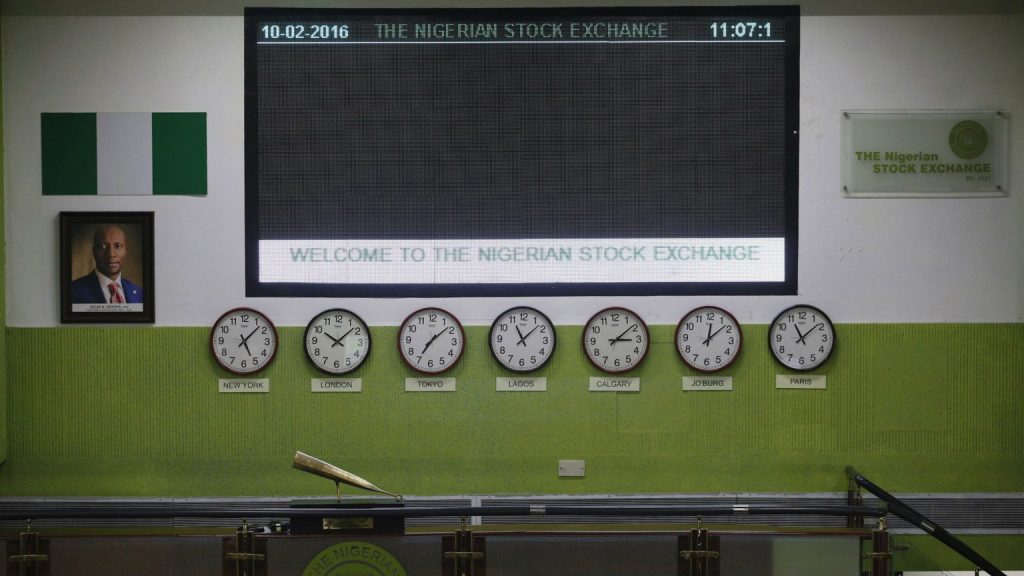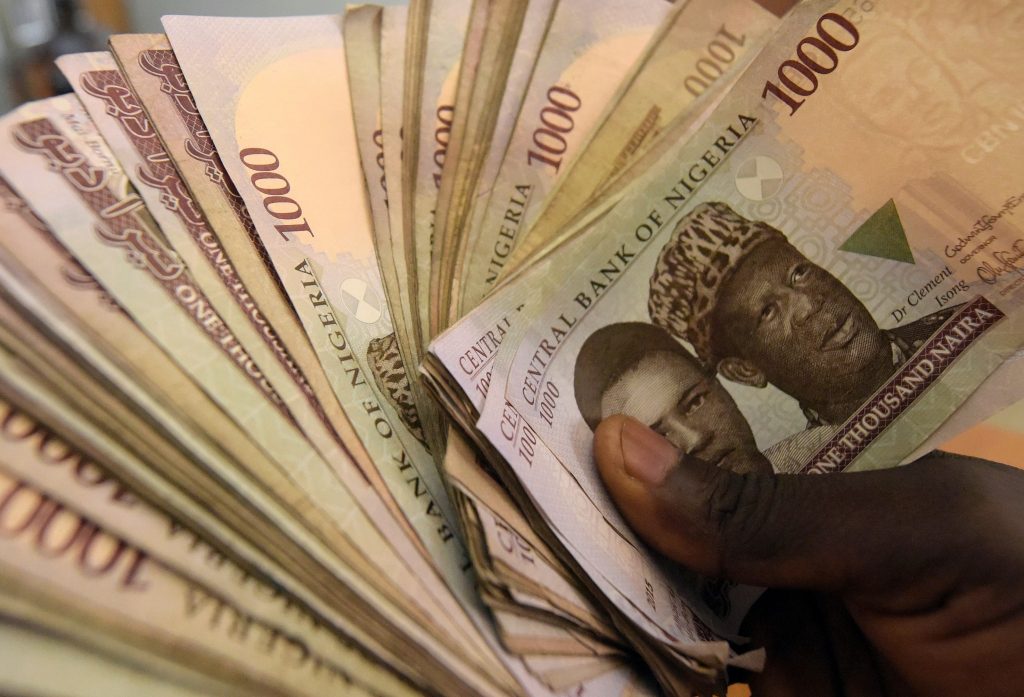Nigeria’s federal government revealed in its 2019 budget that it would only honour N5.12 billion of accrued non-oil exports debt. With the non-oil export debts at N1.2 trillion, the government’s half-hearted commitment means it would only be paying less than 50 percent of the total debt.
The non-oil export sector in Nigeria deals with Nigerian exports, excluding Nigeria’s main export product, petroleum which represents about 85.4 percent of total exports according to the latest data from the Nigerian Bureau of Statistics.
Nigeria introduced the Export Expansion Grant in 1986 to stimulate the non-oil exports sector, by providing cost of production support to increase export volumes from Nigerian exporters, create job opportunities in the non-oil export sector and to add value to these exports so they can meet international standards. The scheme was suspended in 2014, to “ensure a review and redesign in order to prevent abuse and ensure that the scheme is fit for purpose.” It was then re-introduced in 2017, as part of efforts of the present administration to diversify the Nigerian economy.
However, current estimates by the Nigerian Export Promotion Council (NEPC) puts the debt owed Nigerian exporters between 2007 and 2016 at about N1.2 trillion. Exporters say they are not confident that the Federal Government could revive the non-oil sector in 2019, based on “government’s inability to implement key incentives needed to stimulate the sector’s operations,” as reported by Guardian Nigeria.
Below is the Ventures Africa Weekly Economic Index, for the week ending 4th of January 2019. This economic index gives you a glimpse into other recent activities in Nigeria’s economy as well as changes and prices that could affect the economy:
Nigerian Stock Exchange

Data released by the Nigerian Stock Exchange (NSE), as of 4th of January 2019, showed that the All-Share Index depreciated by 1.28 percent from the previous week ending 28th December 2018. Market capitalization at the close of trading during the week under review was N11.426 trillion, a 0.78 percent increase from N11.337 trillion recorded the previous week. The All Share-Index for the week under review closed at N30,638.90
Top five price gainers and decliners in the week under review:
Top five price gainers
Custodian Investment Plc.
Julius Berger Nig. Plc.
Vitafoam Nig. Plc.
Niger Insurance Plc.
Linkage Assurance Plc.
Top five price decliners
FCMB Group Plc.
Glaxo SmithKline Consumer Nig. Plc.
Access Bank Plc.
Stanbic IBTC Holdings Plc.
Dangote Flour Mills Plc.
How did the Naira fare?

The Naira retained its value against the dollar, with the Naira pegged at N363.53192 against the dollar on the 4th of January 2019, same as N363.69069 recorded the week before.
How did the price of oil fare

Brent oil prices finished the week at $55.23 per barrel on the 4th of January 2019, rising by one percent from a week before that. The rise in oil prices has been attributed to a plunge in shale oil production in the fourth quarter of last year, and an imminent meeting between officials of Washington and officials of Beijing over the trade war between both trade giants.








